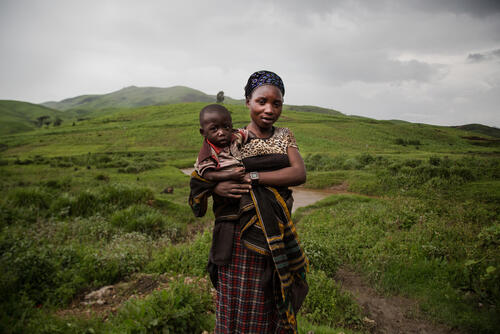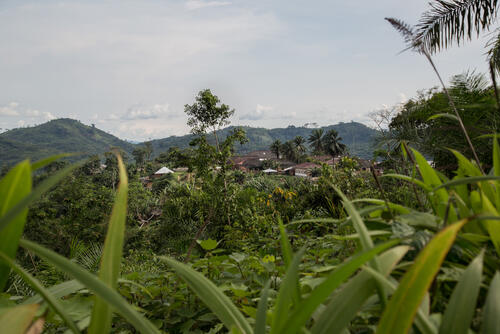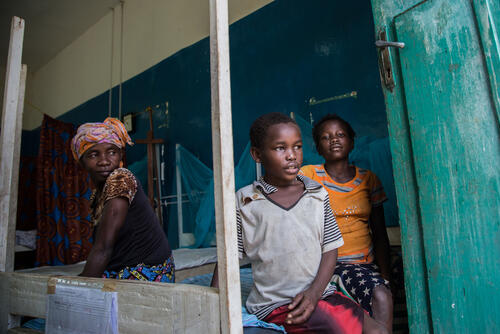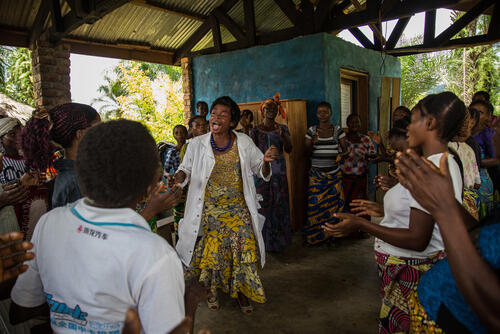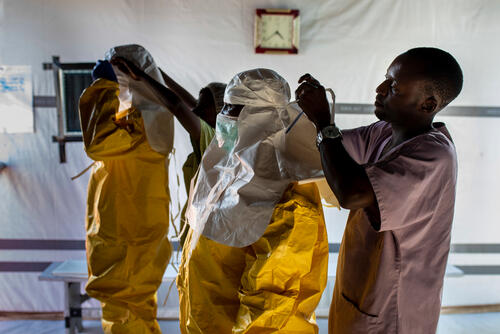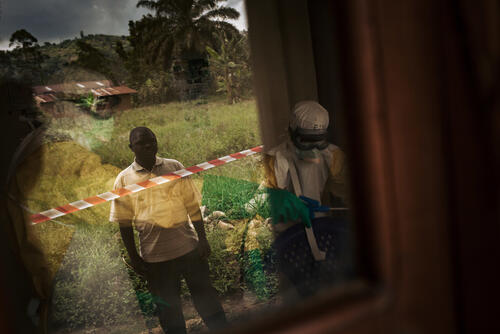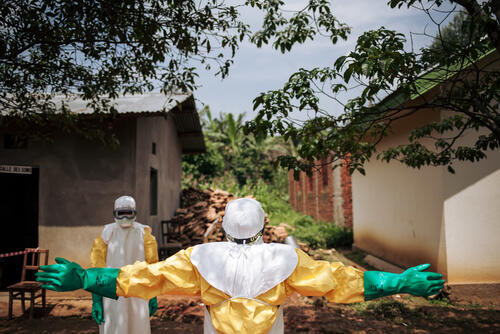Moulasi, a mother-of-eight living in South Kivu, in eastern Democratic Republic of Congo (DRC), is tired. She has walked for two days to reach the Médecins Sans Frontières (MSF) hospital in Lulingu, trekking for 40 kilometres from her village, Byangama, to reach the place that she had heard was offering free healthcare. A walk of this length would be arduous for anyone, but even more so for Moulasi: she is also eight months' pregnant.
Her story is not an unusual one. In South Kivu, as in most of the rest of the vast Democratic Republic of Congo, paved roads are rare and health facilities are few and far between. For many people living outside cities and urban areas, it is normal to have to walk dozens of kilometres for access to even the most basic medical care. For us, meanwhile, transporting staff and supplies and referring patients is a challenge – the most feasible forms of transport are by motorbike or on foot. These challenges only grow during the rainy season, when trails that can normally be traversed by motorbike become rivers of mud, sometimes doubling the length of journeys that were already measured in days rather than hours.
The lack of infrastructure across South Kivu is not merely an inconvenience: it can have life-threatening consequences for patients like Moulasi. She suffered from complications during her previous pregnancies, and her doctor was adamant that this time she must give birth in the hospital.
But she is among the group of people – pregnant women and children – who are the least able to make the arduous journey and are therefore most at risk. With a population of close to 6 million people across South Kivu, this leaves many thousands of people vulnerable to disease and illness, and with almost no recourse to treatment.
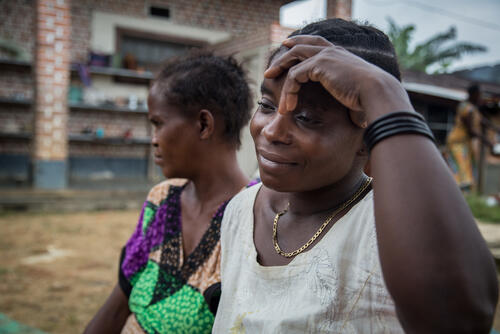
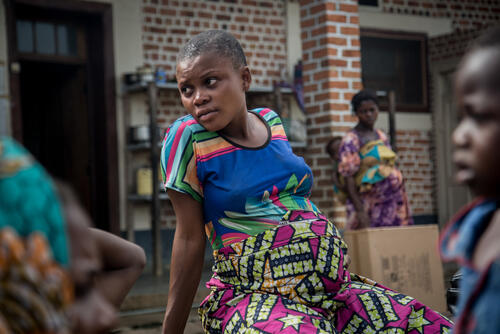
Delivering without medical assistance poses risks to both the mother and the child’s health, but most women simply have no choice as the journey is too difficult to make by foot in their condition.Luz Linares, Field Coordinator in Lulingu
It is not only women and children who suffer as a result of the poor infrastructure in the region: many men caught up in the sporadic conflict that takes place in South Kivu require treatment for wounds sustained during clashes. These clashes also provoke displacement among the population, so that journeys to access healthcare become still longer, or leave people with no knowledge of where to seek treatment.
Moreover, diseases like malaria and cholera are endemic in the region, and can kill if left untreated. All of these factors combine to form a perfect storm for patients, who are exposed to high levels of risk from multiple sources and with few possibilities of accessing quick treatment.
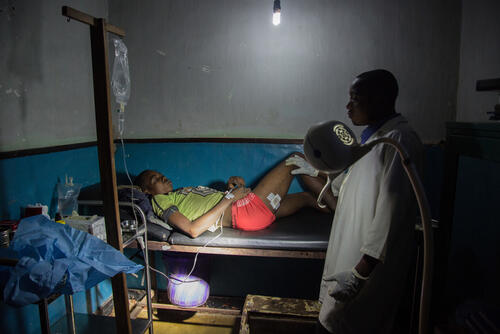
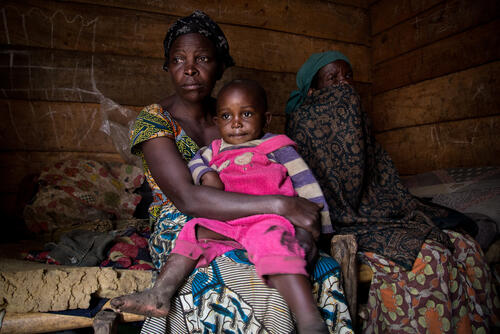
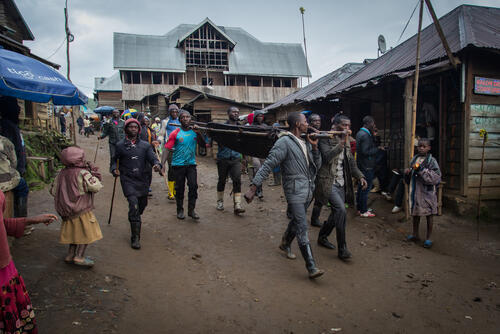
We continue to treat all patients who manage to arrive at our health centres, while referring urgent cases to larger urban areas, taking on the transport costs. But without improvements in the most basic infrastructure, without paved roads and links to remote communities, vulnerable patients will be forced to continue making the long and hazardous journeys to access healthcare.
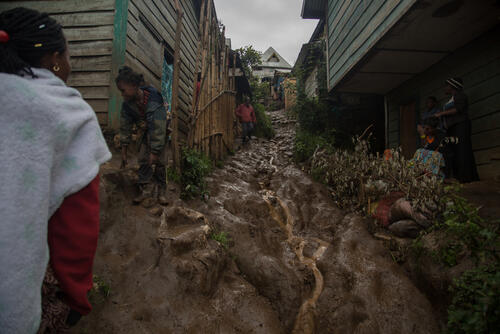
MSF has been working in South Kivu since 2007 to provide healthcare in the area, and our emergency teams are ready to respond throughout the province in the event of an epidemic, natural disaster or conflict.



